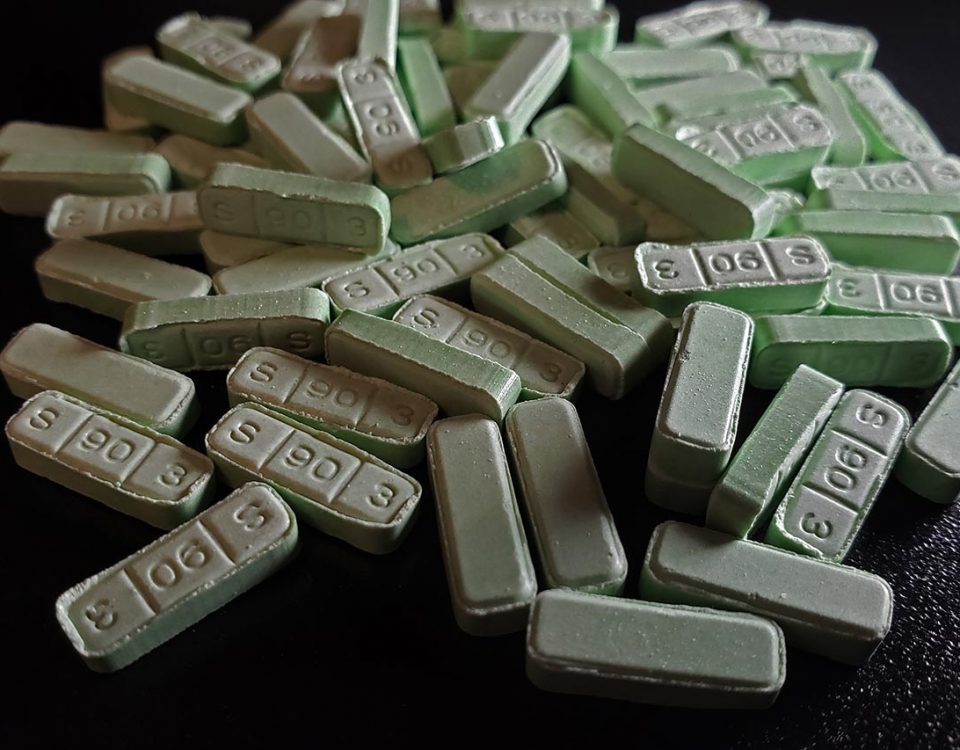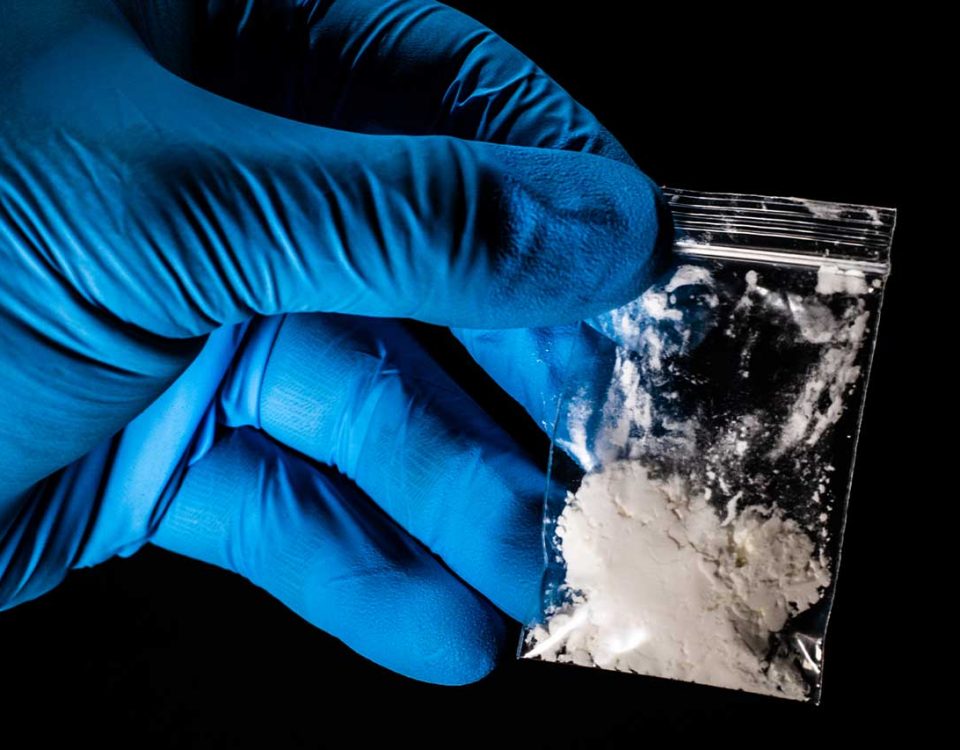Jealously can take many forms.
For people fresh out of our Boston PHP, jealousy is one of many emotions that they may experience during the roller coaster ride that is early recovery. Some people in recovery are jealous of other people who still get to drink and do drugs. Other people are jealous of their peers in recovery who are further along in their recovery journey or more secure in their sobriety. Still, others may be jealous and not even know why, but being green with envy can be a serious problem for the future of your recovery.
The Problem with Jealousy in Sobriety
Jealousy is not a good look for anyone, but for someone in recovery from a substance abuse problem, jealousy could be their downfall.No matter where it is directed, jealousy in addiction recovery can be dangerous and could eventually lead to relapse. Jealous thinking may perpetuate negative thought patterns that lead to substance abuse in the first place. Also, it can hinder personal relationships. Jealousy is an unattractive quality and if you are unable to overcome jealousy in addiction recovery, you may be pushing people away without even realizing it. It may even stall your recovery if you become too caught up in other people’s progress instead of focusing on yourself. If left alone to fester, jealousy can also lead to other serious problems like poor behavior or even mental illness.
Tips for Overcoming & Managing Jealousy in Recovery
No matter how you swing it, this negative emotion can be dangerous for sobriety, and learning how to overcome jealousy in recovery could just save you from relapse. Our Joint Commission Accredited rehab in Massachusetts is sharing some tips and tricks for overcoming jealously in recovery and finally putting the green-eyed monster inside to rest.Practice Gratitude
Gratitude is about being thankful for what you do have and is the opposite of jealousy. When you make it a point to practice gratitude on a regular basis, you will find that you come to appreciate your life as it is and your jealously of others will start to wane.Build Your Self-Esteem
Low self-esteem is a common problem for recovering addicts and is often linked to substance abuse in the first place. Along with leaving you feeling down and out, low self-esteem may also be making your jealousy worse. Focus on building self-esteem after addiction by actively practicing self-love like daily affirmations.Stop Comparing
Overcoming jealousy in recovery is often about learning to focus on yourself instead of others. Many people get too caught up comparing themselves to the people around them, but this habit often fuels jealousy. As soon as you start thinking about what someone else has or that they are doing better than you, stop yourself and start thinking instead about what you are lucky to have as well as what you are doing right.Speak Aloud
Especially if you are struggling to understand where the jealousy is coming from, it can be helpful to talk aloud. Speak to a friend about your feelings, talk to someone in your rehab alumni program, or simply have an honest conversation with yourself. You will find that when you take the time to pick apart this emotion, you will likely stumble upon some faulty logic that you can correct moving forward.If you use these tools and techniques to overcome jealousy in recovery, you will likely find that not only is your sobriety safer, but you feel happier, a key to long-term success.
With everything from alcohol to meth addiction treatment programs, at Banyan Massachusetts, we want to help people with various substance abuse problems find lasting sobriety and happiness in their recovery journeys.









